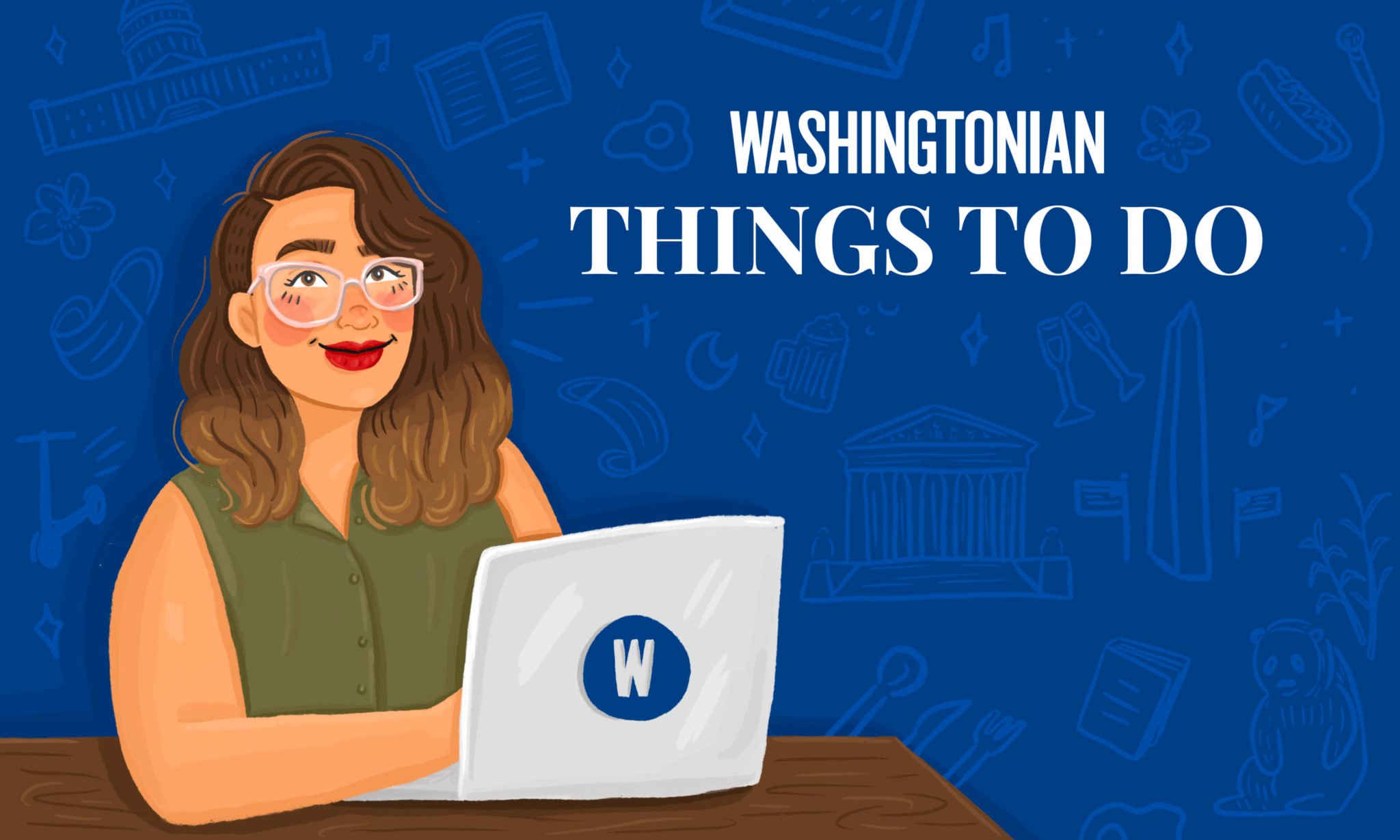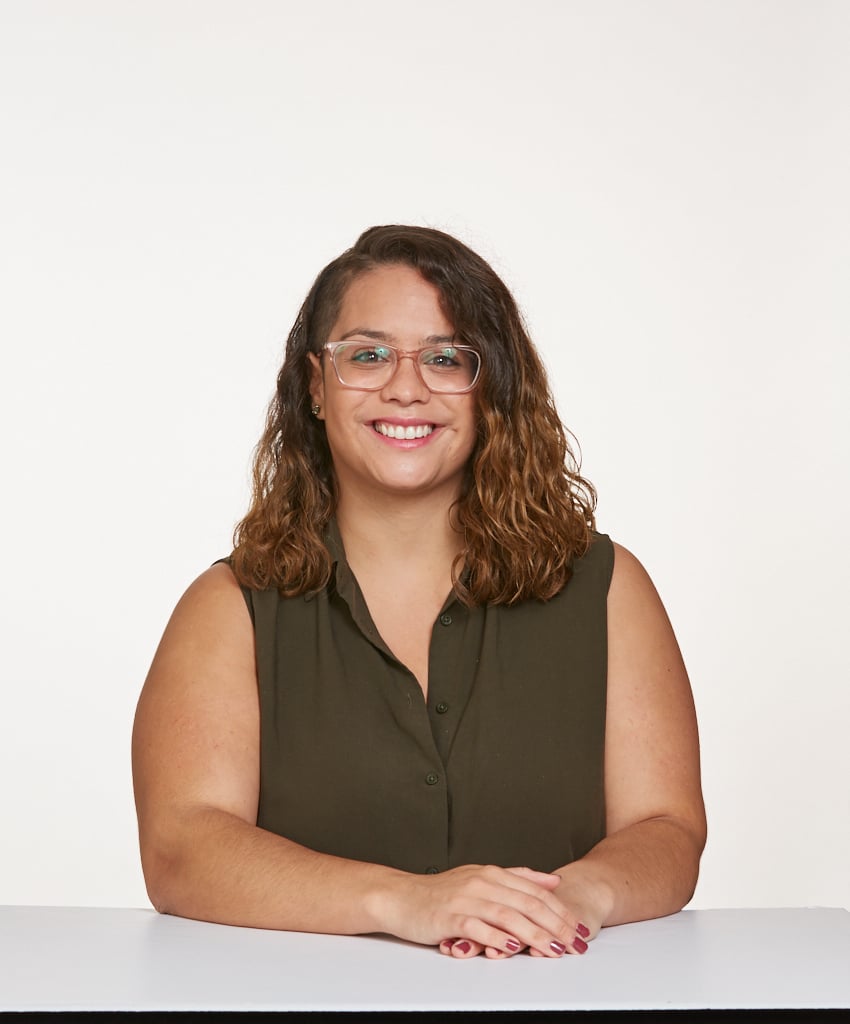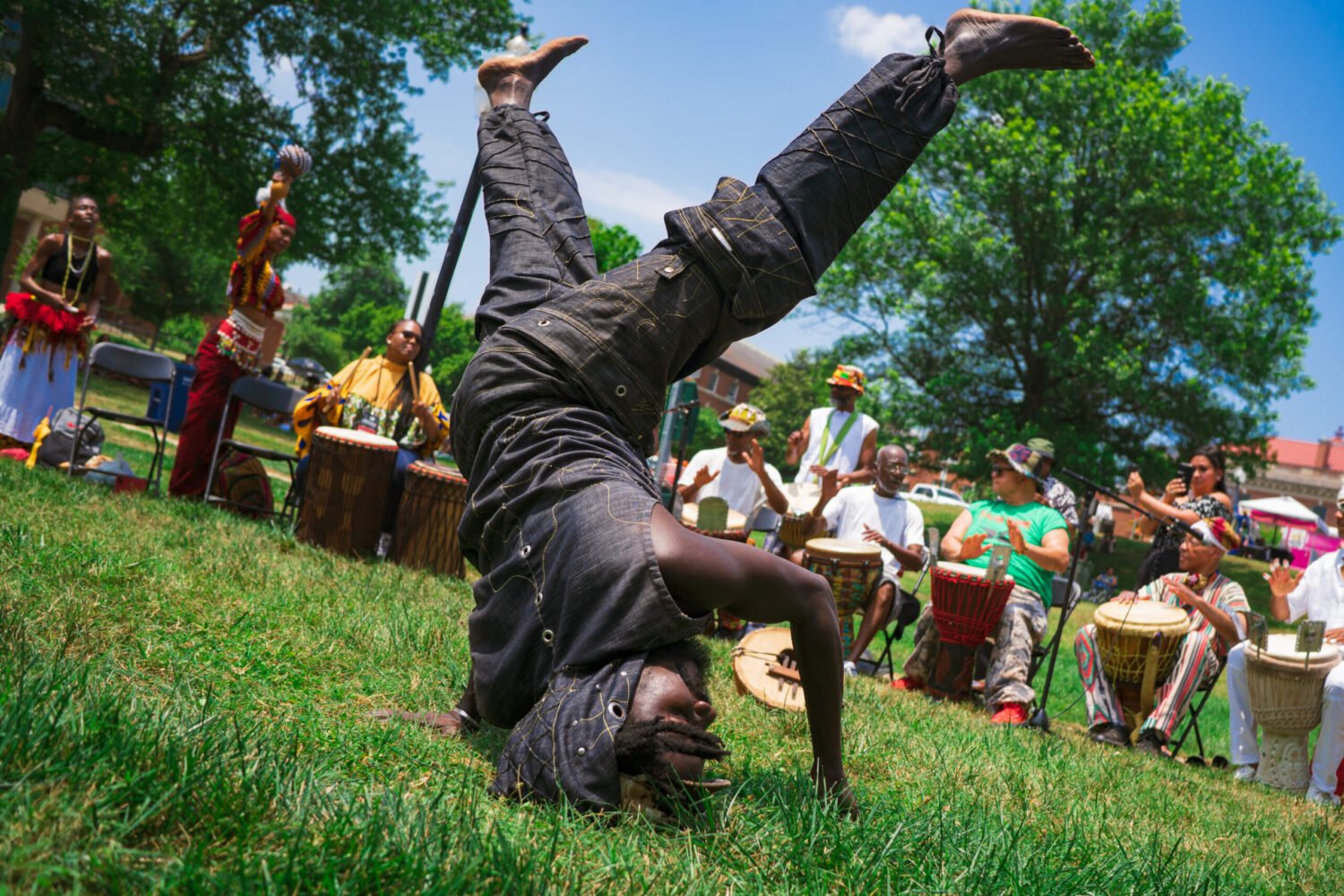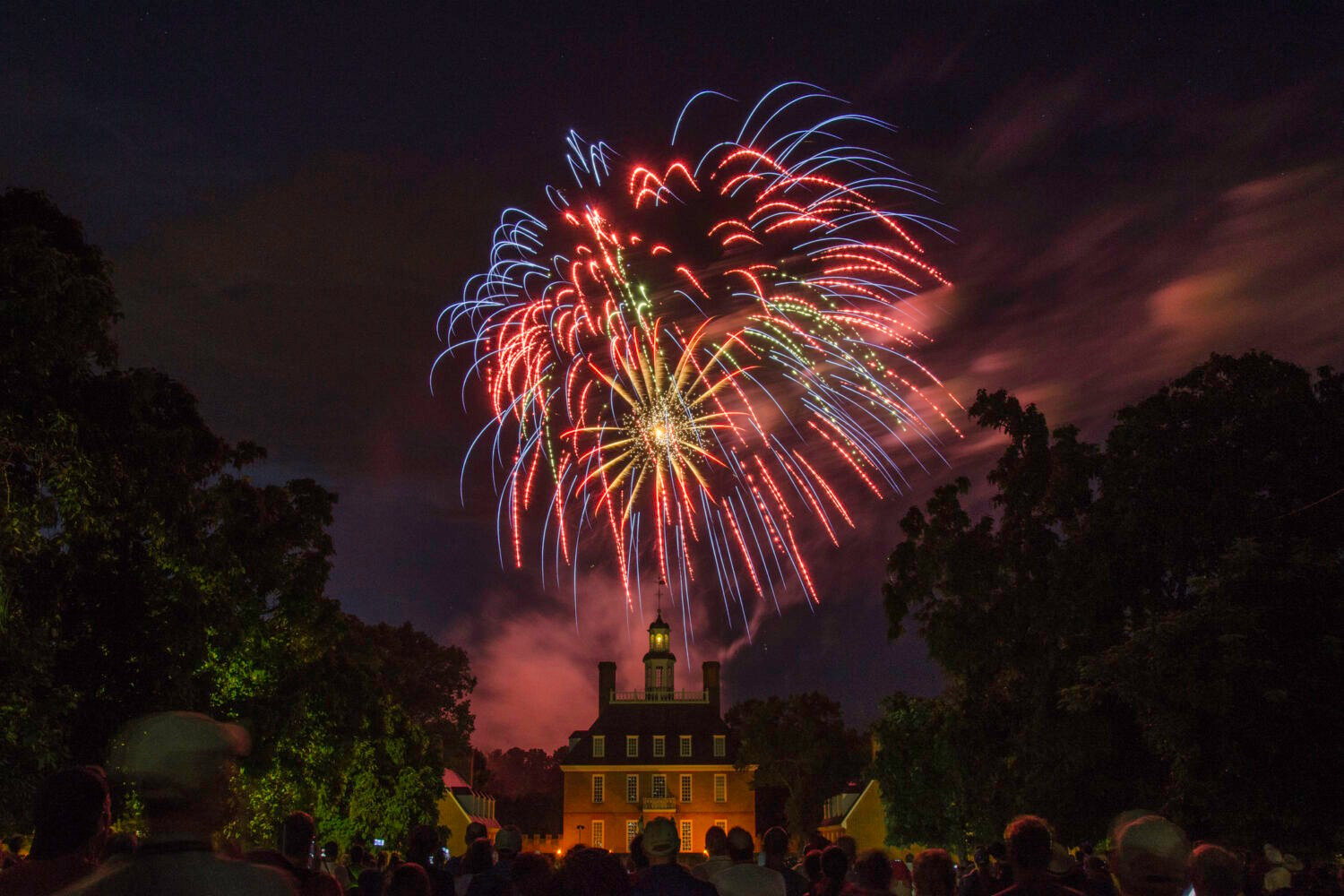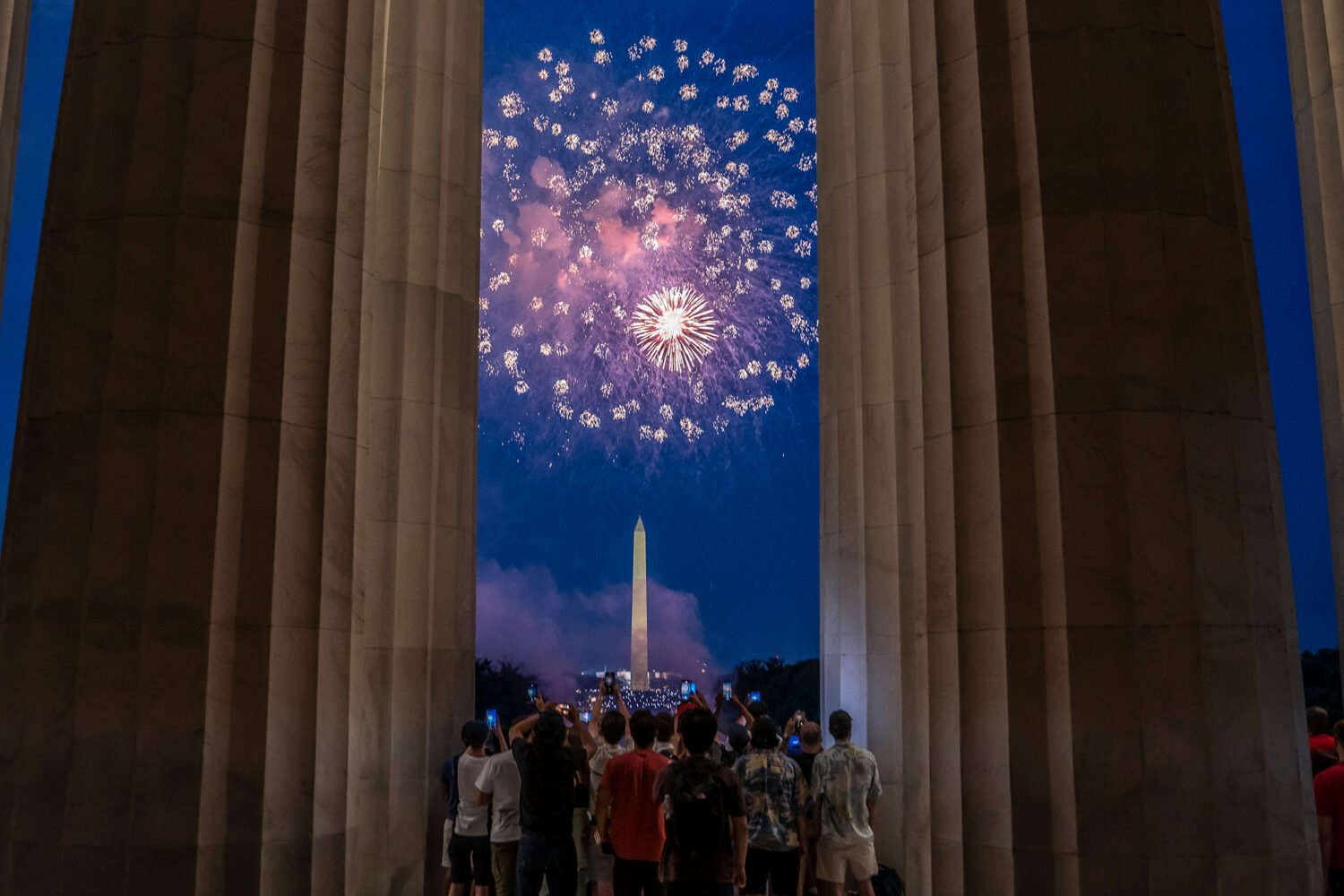Hey folks,
We’ve got a drive-in drag show, a pop-up wine garden, and a day for remembrance of the slave trade and its abolition.
Here’s what you should check out this weekend:
Votes for women: There are a lot of different celebrations around town to mark the 100-year anniversary of the 19th Amendment (more on that later). Here’s a roundup of various in-person and online events where you can learn more about the 19th Amendment and the history of women’s suffrage.
Pass the Bechdel test: In honor of National Women’s Suffrage Month, the Workhouse Arts Center is teaming up with the Women’s Suffrage Centennial Commission for drive-in movie nights each Thursday featuring films with strong female leads. Upcoming flicks include Suffragette (2017) and baseball classic A League of Their Own (1992). Entry is $30 per car, and moviegoers can bring their own food or order sweet kettle corn up to 24 hours in advance. Restrooms are available. Thursday, 8/20 and Thursday, 8/28 at 9 PM; $30 per car, buy tickets here. —recommended by Washingtonian assistant editor Daniella Byck
Talk drama: DC theater-maker Psalmayene 24 hosts regular talks with local theater artists in his Psalm Salons at Studio Theatre, including live music from BJ Nick tha 1da. Today he’ll be emceeing a conversation with playwright Farah Lawal Harris, who runs the Young Playwright’s Theater, actor Natalie Graves Tucker, and Lady Dane Figueroa Edidi, a writer, performer, and choreographer. I had the chance to see Lady Dane’s powerful ode to the choreopoem For Colored Girls last year at New York’s Public Theater: Her play, For Black Trans Girls Who Gotta Cuss a Motherfucker Out When Snatching an Edge Ain’t Enough, featured five Black trans actors sharing, singing, shouting, and healing together onstage. The panelists will chat about how they have made space for women of color and trans/nonbinary artists in the local theater scene. Thursday 8/20 at 5 PM; Free, watch it live here.
In remembrance: Sotterley is a former plantation in Hollywood, MD that UNESCO has recognized as a “Site of Memory” within its Slave Route project. Now a nonprofit, Historic Sotterley continues the conversation around healing and reconciliation with descendants of those enslaved on the land serving on the organization’s board. On Sunday, in recognition of the International Day for the Remembrance of the Slave Trade and its Abolition, Historic Sotterley will host a Facebook live event, which you can also attend in person with a face mask. Hear the names of those who were enslaved at Sotterley as the organizers ring bells and pour libations in their honor. Leading up to Sunday, Sotterley is also offering two afternoon webinars: Author Wanda Etheridge will talk about writing in “Transcending Generations Through Storytelling” on Friday 8/21 and educator Merideth Taylor will discuss racial healing through movement in “Transcending Narrative: The Art of Healing” on Saturday 8/22. The Day of Remembrance event: Sunday 8/23 at 1 PM; Free, register here.
For the laughs: Advocacy restaurant Immigrant Food is hosting an outdoor comedy show on its patio with local comics talking about their immigrant experiences. Emceeing the evening is comedian/NASA science journalist Kasha Patel. Hear stand-up sets from Rahmein Mostafavi, Erick Acuña, and Maher K. Matta. Friday 8/21 at 6:30 PM; $7.50-$12.50, buy tickets here or, if you prefer to stay home, watch the show on Instagram live here.
A new kind of drag show: Tired: Drive-in movies. Wired: Drive-in drag shows. Drive ‘N Drag is touring more than a dozen drag performers across the country, including former stars from RuPaul’s Drag Race (I see you, Miss Vanjie). This weekend, catch the massive drag show at Westfield Annapolis in Maryland where you can watch from your car at a safe distance from other attendees. Friday 8/21 through Sunday 8/23, showtimes vary; $69 for two people in one car (additional passengers are $25 each), buy tickets here.
Wine along the water: There’s a pop-up wine garden with a pretty view at the Kennedy Center’s outdoor space the REACH. Victura Park, a project from the Hilton brothers and chef Erik Bruner-Yang, offers drinks and charcuterie in a picnic-like set up outside of the elegant white pavilions. The pop-up will be available every weekend through early September.
Please don’t stop the music: The Hirshhorn summer series “Respect Her Crank,” produced by its teen-run digital studio ARTLAB, is hosting a “Go-Go Herstory Showcase” on Saturday. It will be a two-hour celebration of women in the genre with workshops, short films, visual art, and—it goes without saying, right?—some kickass go-go performances. Saturday 8/22 at 4 PM; Free, register here.
About that protest: The high-profile “Get Your Knee Off Our Necks” March on Washington, organized by Al Sharpton, is coming up next week. My coworker Jane Recker wrote up everything you need to know about the upcoming protest on the National Mall.
Get that bread: Big cookies, baguettes, brioche—whoops, sorry I started food fantasizing there because the famous New York bakery Levain is coming to Georgetown. Learn more about its opening from our food editor Anna Spiegel here.
Watersports and more: Grab (ahem, rent) a kayak, canoe, or paddleboat and explore the Potomac this weekend. We have a ton of recommendations for what you can do on the river, whether that’s birdwatching, hiking, or fishing—basically anything fun you can do at a safe distance from people. (Birds, fish, and bears are your only close friends now.)
Dining design: Some restaurants in the area are coming up with really creative ways to socially distance their diners. See four cool examples here.
What I’m reading:
When we appreciate what an open secret Black women’s disenfranchisement was in 1920, the facts of the 19th Amendment fit awkwardly with commemorative events that feature light shows, period costumes and marching bands. Members of Congress who promulgated the 19th Amendment, state lawmakers who ratified it, and suffragists themselves all understood that nothing in its terms prohibited states from strategically using poll taxes, literacy tests and understanding tests to keep Black women from registering to vote. Nothing in the new amendment promised to curb the intimidation and violence that threatened Black women who came out to polling places. Voting rights and voter suppression went hand in hand in 1920.
If I were to celebrate the centenary of suffrage, it would be in honor of the Black women who persisted despite the odds against them. They organized suffrage schools where they instructed one another in the necessaries: how to pay a poll tax, how to pass a literacy test, how to interpret the Constitution. They headed to the polls together, trading upon the relative safety of numbers. Some managed to overcome the obstacles laid before them. Too many others were turned away or stayed home, choosing safety over voting rights. Some met with terrorists who wore costumes, rode horses and burned crosses. There is a great deal in the courage Black women evidenced in 1920 to honor. But still, celebration isn’t quite right.
Thanks for reading! Tell me what you’re up to at home by dropping me a line at rcartagena@washingtonian.com.

